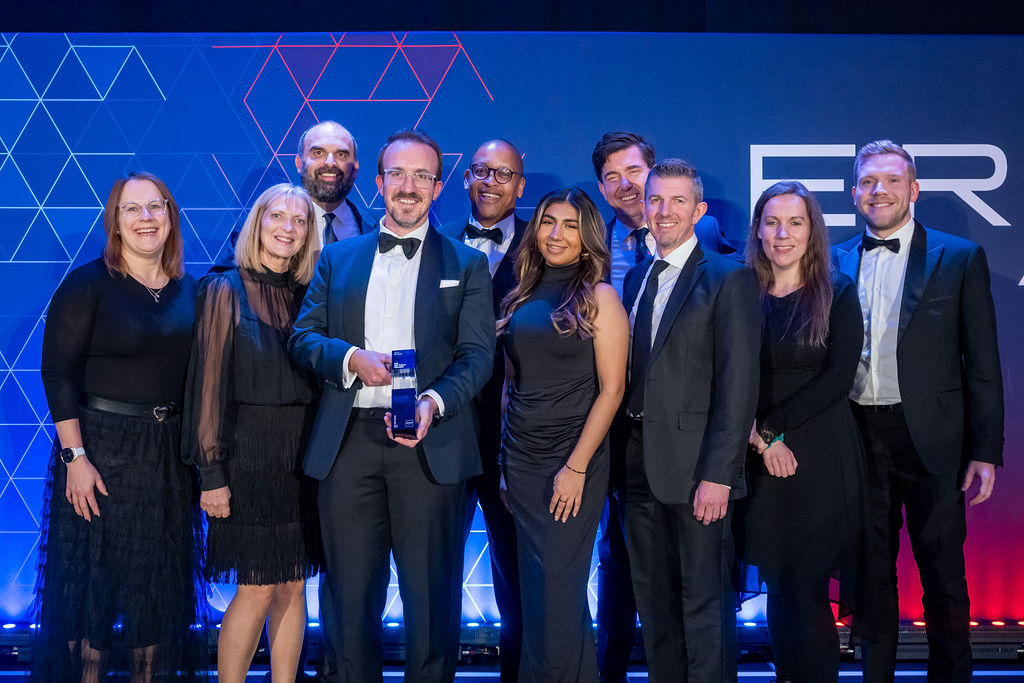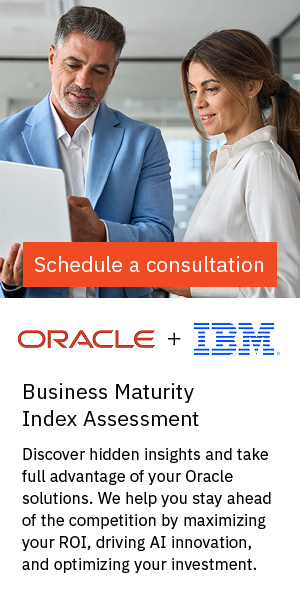Construction ERP provider Xpedeon has consistently defied conventional wisdom, building a product-centric platform specifically designed for the unique demands of the construction industry. In an interview with ERP Today, Janak Vakharia, CEO of Xpedeon, detailed the company’s evolution from its inception in India to its present global expansion efforts, emphasizing a consistent focus on product development tailored to the specific needs of the construction industry.
From Mumbai Roots to Global Shores
 Founded in 1994 in Mumbai, Xpedeon aimed to establish itself as a product-centric organization, a relatively uncommon approach in the Indian IT landscape at the time. “We essentially started out from Mumbai,” Vakharia told ERP Today, “with the vision of being a product company with global ambitions.” The company strategically targeted the construction sector, identifying it as underserved by major ERP vendors.
Founded in 1994 in Mumbai, Xpedeon aimed to establish itself as a product-centric organization, a relatively uncommon approach in the Indian IT landscape at the time. “We essentially started out from Mumbai,” Vakharia told ERP Today, “with the vision of being a product company with global ambitions.” The company strategically targeted the construction sector, identifying it as underserved by major ERP vendors.
Early adoption by large Indian construction firms provided a foundation for international expansion, first into the Middle East and later into the United Kingdom in the early 2000s. Despite challenges in the mature UK market, Xpedeon persevered. “We stuck to the plan,” Vakharia recalled regarding their UK entry, “and we finally were able to get this one business… and that got the ball rolling for us in the UK as well.”
A significant turning point occurred in 2006 when Xpedeon decided to completely rebuild its legacy product, leveraging years of accumulated industry knowledge. Vakharia noted, “In 2006, we took a step back and examined our learnings over all these years. We then decided that it was time for a rethink, and that’s when Xpedeon was born.” This ground-up development led to the modern Xpedeon platform.
More recently, Xpedeon has transitioned to a cloud-native SaaS model driven by increasing customer demand within the construction sector. “We took the opportunity to, again, completely re-engineer our product ground up to go cloud native,” Vakharia explained. “We undertook this exercise during the COVID-19 pandemic, and after that, we launched our cloud SaaS offering. This has given us the confidence to say, “Now, let’s take this global, and that’s where we’re at.”
This shift has paved the way for expansion plans into the United States and Asia Pacific.
Addressing the Challenges in Construction ERP
Vakharia also addressed key challenges inherent in construction ERP, including the integration of site operations with back-office functions and the complexities of long-term project management. “The single biggest challenge is the disconnect between operations and finance. We know that the truth is somewhere in between, except that we don’t know what it is,” he noted. Xpedeon’s platform aims to bridge this gap through mobile applications and integrated workflows.
Another area the platform aims to streamline with integrated workflows and communication tools is coordination and communication between the central teams and site operations. These tools are expected to streamline processes, reduce cycle times, and improve procurement, supply chain, and project management coordination.
“Xpedeon is designed to manage financial and non-financial (commercial) information across fiscal periods, providing a holistic view of project performance, enabling better decision-making, and mitigating risks to project margins,” Vakharia explained.
Embracing the Future
Looking to the future, Vakharia outlined Xpedeon’s focus on incorporating emerging technologies. Artificial intelligence, particularly in the analysis of site documentation, is being explored for its potential to generate actionable insights. “Documentation is a major area in construction that can benefit from AI,” Vakharia said. “The construction industry needs a lot of documentation, and AI can play a huge role in capturing all that information and generating actionable insights.”
The company is also examining the role of the Internet of Things (IoT) for real-time tracking of equipment and site progress. Sustainability is another key area of development for Xpedeon, with a focus on providing tools for reporting carbon and emissions within the construction industry.
A Unique Global Journey
Xpedeon has had a remarkable journey in a niche market, successfully expanding across diverse global markets. Unlike many regional players, Xpedeon has built a platform adaptable to various geographies’ unique legislative requirements and operational nuances, establishing a strong global presence. “We have been able to build a platform that can go across so many different territories and geographies and create a global story,” Vakharia said.
Looking ahead, Xpedeon is poised for significant growth, driven by its cloud-native platform, focus on emerging technologies, and deep understanding of the construction industry’s specific needs. “I think the next five to seven years would be extremely exciting for us as a business as we scale this out,” Vakharia concluded.
What This Means for ERP Insiders
A vendor-agnostic platform with construction-centric workflows. Xpedeon’s construction ERP platform offers a wide range of out-of-the-box workflows designed for the specific needs of the construction sector, minimizing the need for extensive customization. According to Vakharia, because the platform has been around for so many years, it has matured, so minimal customization is needed.
Utilize a system that works effectively for both the center and the site. ERP users in construction must look at platforms that help people at the office and on the site to use its features effectively. Vakharia indicated that platforms like Xpedeon provide intuitive mobile applications that empower site-based teams to actively participate in ERP processes with minimal complexity.
Choose a platform with features specific to your industry. For example, Xpedeon covers a broad spectrum of construction management needs, from tendering and project execution to finance, procurement, and inventory management. However, while focused on being a one-stop shop, Vakharia noted that his company recognizes the value of partnerships and actively seeks integration with specialized technologies.






